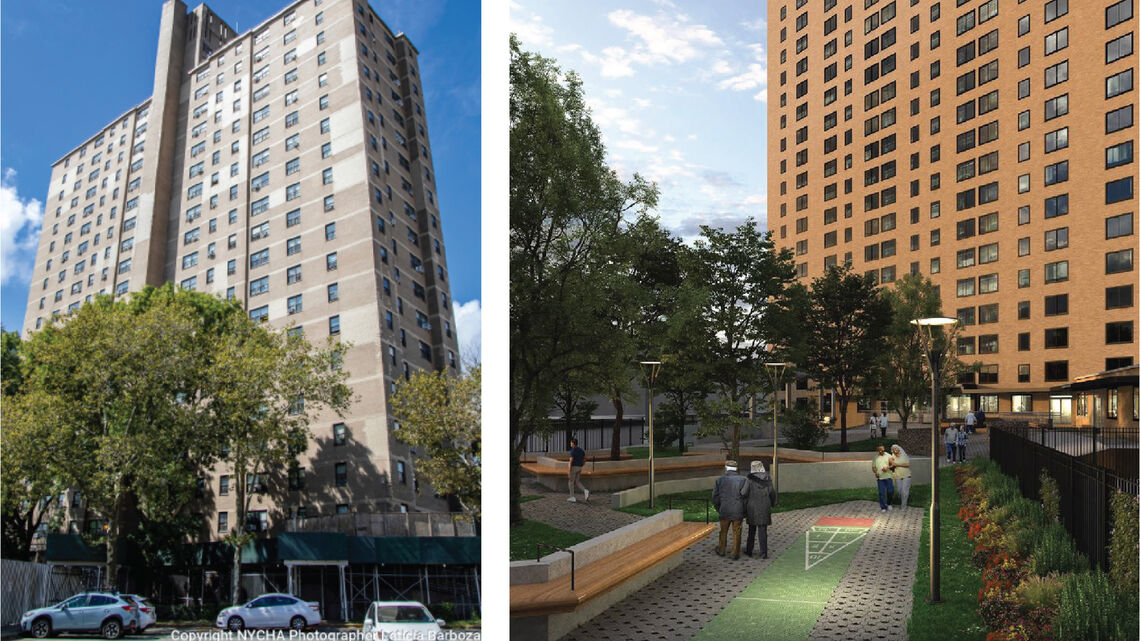news
June 23rd, 2021New Project with the Bill & Melinda Gates Foundation
You can find the full case study, database, and document links here: The Small Business Worker and Economic Mobility Project (thisisurbane.com)
NEW PROject: Urbane is pleased to announce a new engagement in partnership with the Bill & Melinda Gates Foundation.
As part of the foundation’s initiatives to increase mobility from poverty, Urbane is assessing ways small businesses can create opportunities for the economic mobility of low-wage workers. Despite common misconceptions, most low-wage workers are employed by small businesses, many of which are owned and operated by low and moderate-income individuals. The foundation recognizes an opportunity to increase upward mobility by helping small businesses improve the work environment.

Small businesses often face financial and resource constraints that prevent them from implementing practices, such as higher wages, retirement plans, skills development, paid sick leave, and flexible work schedules, that can boost the economic mobility of their employees. These barriers are even more pronounced for marginalized and under-resourced business owners, such as entrepreneurs of color, those who have come into contact with the criminal justice system, undocumented immigrants, or women who have experienced trauma.
Leveraging a decade of experience serving over 10,000 small businesses, Urbane believes that small businesses can be incentivized to adopt practices that increase economic mobility for workers. Over the course of this project, which is slated to end in September 2021, Urbane is developing a rubric of strategies that can influence and/or incentivize businesses to adopt mobility boosting practices without increasing the burden on the owner or the business. Urbane hypothesizes that certain types of businesses will be more accepting of specific strategies based on the industry, the size of the business, the growth stage, and aspects of the individual owner, among other business characteristics.
To test this hypothesis, Urbane will first collect data about businesses to identify which strategies are most impactful. Leveraging its proprietary mixed-method research tools, Urbane will conduct interviews, administer surveys, and facilitate virtual townhalls with business owners, low-wage workers, and members of the business support infrastructure.
Although the engagement is national in scale, Urbane will focus on four geographies as corollaries for the national spread: Houston, TX; Chicago, IL, and Gary, IN; Newark and Jersey City, New Jersey; and Indigenous communities in Central New Mexico. Focusing on four locations will allow Urbane to dive deep and understand the local small business landscape. To better understand the ecosystem in each locale, Urbane will work closely with local officials, capital providers, and business support organizations. These partnerships will help Urbane navigate each geography’s core industries, entrepreneur demographics, local policies, cultural norms, and key players, including public, private, and nonprofit practitioners supporting and advancing small business growth.
At the end of the engagement, Urbane will deliver a series of roadmaps for shifting employer practices in specific business segments across the four geographies. These pilots will recommend which blend of strategies are most likely to resonate with specific business segments to improve the livelihood of workers. These roadmaps will also highlight the places where these initiatives are most likely to succeed and the partners needed to execute on the ground. These roadmaps, along with the data collected throughout the engagement, will support ongoing efforts to address the living and working conditions of America’s most marginalized communities.
The conclusions contained within the blog are those of the authors and do not necessarily reflect positions or policies of the Bill & Melinda Gates Foundation.





